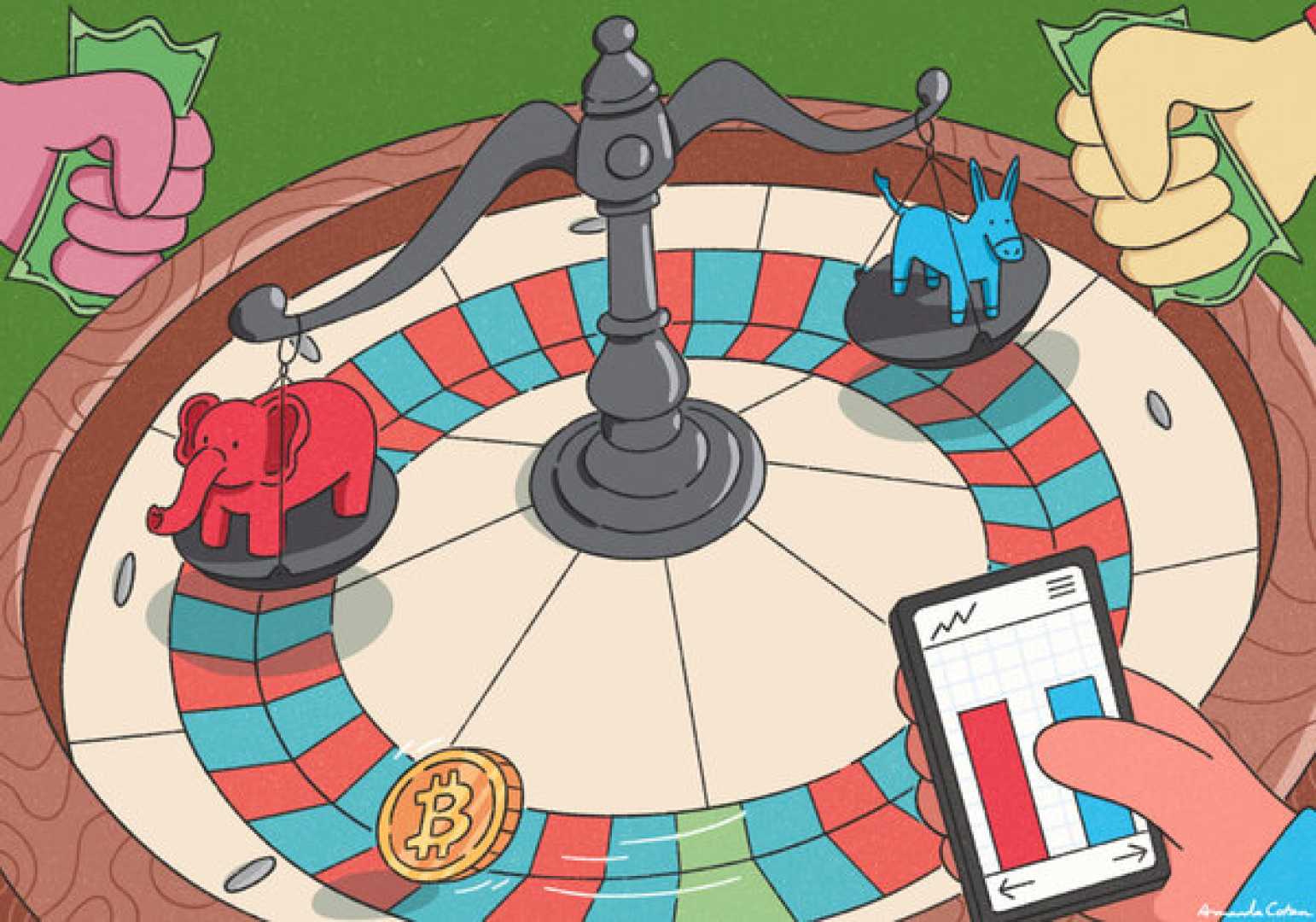Politics
Polymarket Election Betting Under Scrutiny Amid Manipulation Concerns

As the 2024 U.S. presidential election approaches, the decentralized prediction market platform Polymarket has come under intense scrutiny due to allegations of market manipulation. Polymarket, which allows users to bet on the outcomes of events like elections using blockchain technology, has reported a $2.7 billion betting pool on the presidential race between Donald Trump and Kamala Harris, with current odds showing Trump at a 66% chance of victory.
However, an analysis by blockchain research firms Chaos Labs and Inca Digital suggests that nearly one-third of this activity may be attributed to wash trading, a practice where the same party repeatedly buys and sells assets to inflate trading volumes. This manipulation has led to questions about the reliability of Polymarket’s reported odds, with estimates indicating the actual transaction volume could be as low as $1.75 billion.
The artificial inflation of trading volumes, particularly in favor of Trump, has raised concerns about whether the reported odds reflect genuine market sentiment or are skewed by manipulation. This issue is further complicated by endorsements from high-profile individuals like Elon Musk, who has amplified Polymarket’s reach through his social media presence.
The popularity of election betting on platforms like Polymarket and Kalshi has also sparked debates about the potential impact on voter perception and turnout. While some argue that these platforms reflect public sentiment, others, including Sen. Jeff Merkley (D-Ore.), propose legislation to ban election betting, citing concerns that it corrupts democratic processes by turning elections into financial markets rather than civic exercises.
Experts like Barnard College economics professor Rajiv Sethi warn that inflated odds for one candidate could influence factors such as fundraising, volunteer efforts, and overall voter morale, potentially shaping the election outcome.












